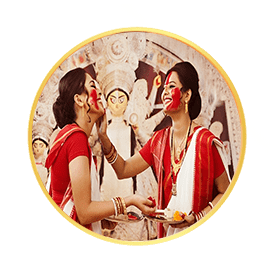Type
No items found matching the search criteria
Movie/Album
No items found matching the search criteria
Year Of Release
No items found matching the search criteria
Music Director
No items found matching the search criteria
Cast
No items found matching the search criteria
Language
No items found matching the search criteria
Singer
No items found matching the search criteria



















